Regular readers may recall that I use a mnemonic device for remembering the various Menghai numbered blends.
There are the famous trio: the powerful first-son (7542), the sharp first-sister (7532), and the elegant second-sister (8582). We also have the surprisingly strong little baby (0622).
To this family tree, I'd like to add the first-cousin, the 7742. He is two years younger than the first-son 7542, but definitely masculine.
There are the famous trio: the powerful first-son (7542), the sharp first-sister (7532), and the elegant second-sister (8582). We also have the surprisingly strong little baby (0622).
To this family tree, I'd like to add the first-cousin, the 7742. He is two years younger than the first-son 7542, but definitely masculine.
Holy smoke, the photography in this article is atrocious. I took these photographs back in February, when Tan originally provided the sample (thanks again!). I must have had an off-day with the camera. At least the rest of the photos will look better by comparison with these monstrosities!
Like the 7542 first-son, the 7742 is made from smallish leaves. More darkening has happened here than one would expect for a mere two-year maturity, and this suspicion of interesting processing is further supported by noting a low, smoky aroma. My Xiaguan-sense is tingling.
This first-cousin must be a big smoker, because this a smoky tea. The soup comes out (you guessed it) orange. The aroma is that of a factory tea: constrained, clipped, and limited in both amplitude and duration.
In its favour, a low sweetness accompanies the smoky flavour. Most of the bitterness has been removed, leaving this tea a dark, smoky husk.
In its favour, a low sweetness accompanies the smoky flavour. Most of the bitterness has been removed, leaving this tea a dark, smoky husk.
Burned savoury grain, light smoke, and plenty of huskiness. Beneath it all, traces of Menghai mushroom and straw.
I wonder to myself if 1977 was the year that they invented the "drink-it-now" pu'er, by oxidising and burning out the heart of the tea in order to make it more appealing.
If anyone has come across some aged examples of 7742, do please let me know your impressions - I'm fascinated to know how something this heavily processed ages, as it might help me to understand what may become of the 0622 and the modern Xiaguan special productions.
This first-cousin is tough, smoky, and burned-out. The poor chap.
I wonder to myself if 1977 was the year that they invented the "drink-it-now" pu'er, by oxidising and burning out the heart of the tea in order to make it more appealing.
If anyone has come across some aged examples of 7742, do please let me know your impressions - I'm fascinated to know how something this heavily processed ages, as it might help me to understand what may become of the 0622 and the modern Xiaguan special productions.
This first-cousin is tough, smoky, and burned-out. The poor chap.

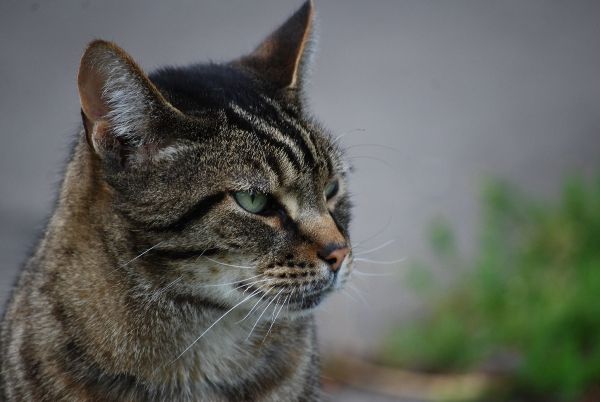
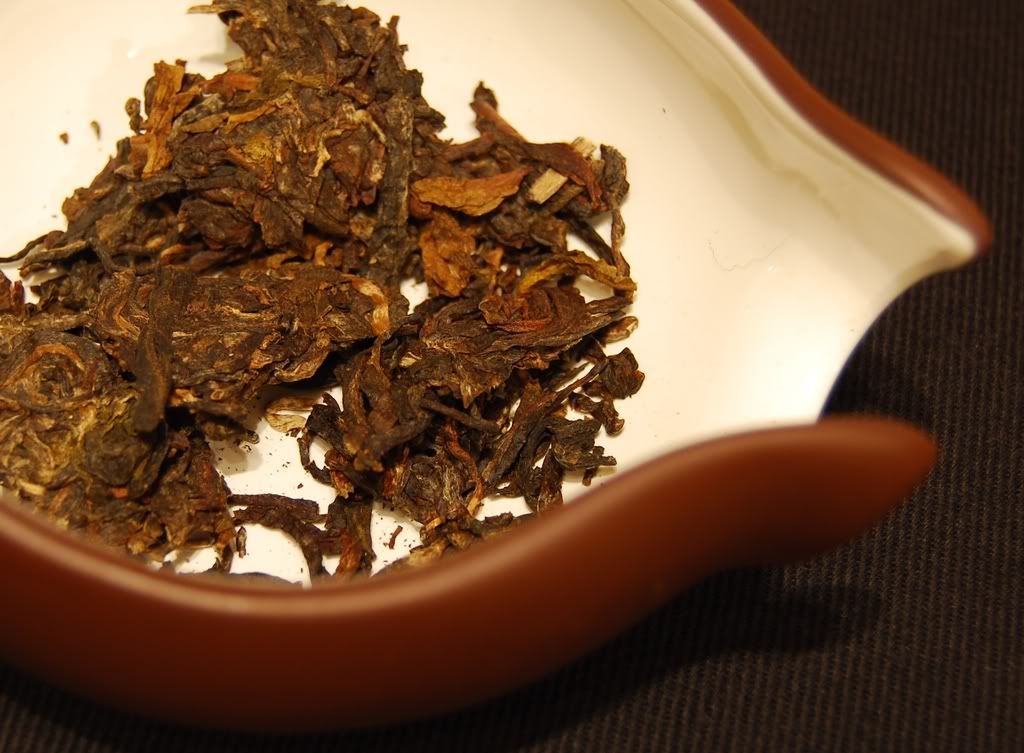
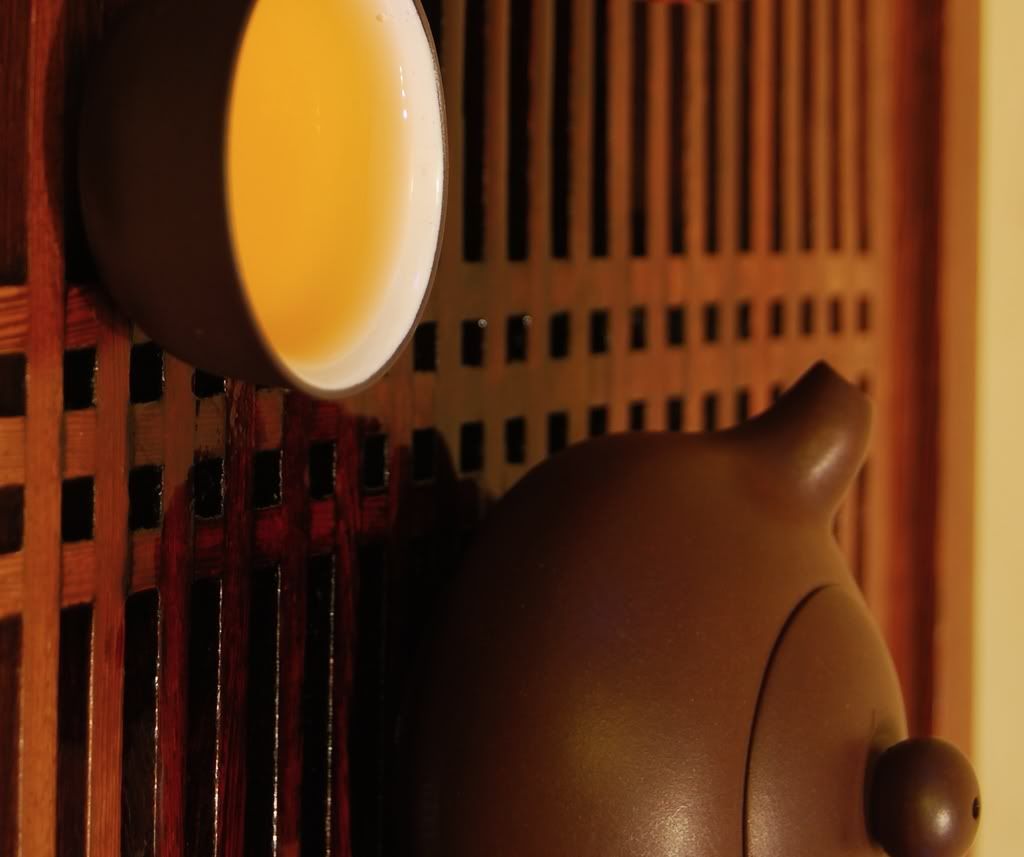
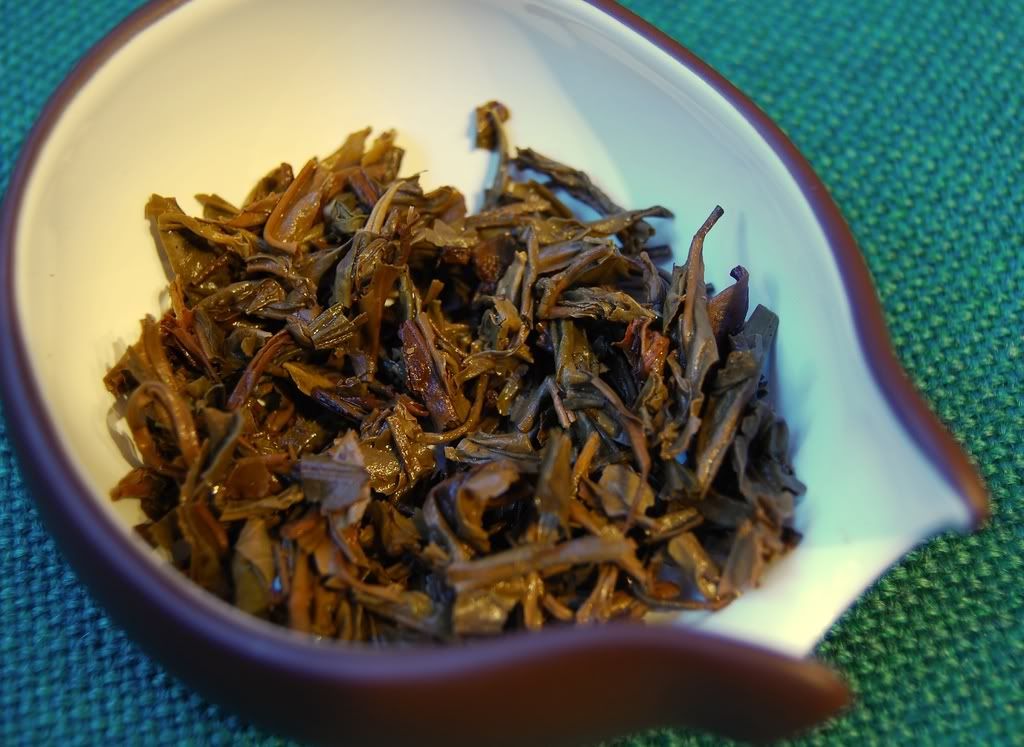
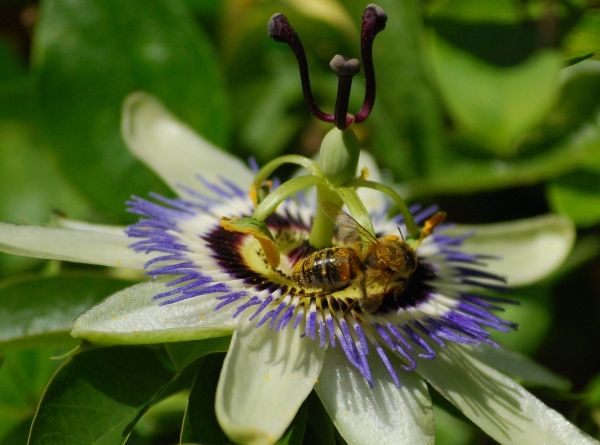
Interesting that the pictures of this heavily post processed tea themselves require post colour correction processing to somehow make them presentable.
ReplyDeleteTrue ;)
ReplyDeleteI don't see what's so wrong with those photos. Perhaps you're a little hard on yourself, a perfectionist.
ReplyDeleteMy head is spinning when it comes to "standard" Menghai recipies...because there more of them than I originally thought!
ReplyDeleteHere I am, browsing at Yunnan Sourcing and thinking I have all the major recipes down...than I go on Tao Bao, and I'm shocked at the number of recipes there are! Have you heard of a 0772 or a 8112? With so many recipe numbers and a great deal of fakes out there...one should find a list of recipes.
Also, if 1977 is the year they created drink-now pu-erh, what made them change their minds in 1985 when they made the 8582? Maybe the 7742 didn't age well and by 1985 they decided it wouldn't work, so they decided to "retool" a classic...and voila, we have the 8582, which is like a toned down version of the 7542 and 7532, with better aging properties, whatever that may be.
Just pure speculation from a rambling beginner...
Dear Maitre_Tea,
ReplyDeleteMy approach is to not try too hard - the important recipes will penetrate your memory; the unimportant sea of other recipes will be less distinct in your experience. It's a useful filter!
Toodlepip,
Hobbes
A latecomer to this post, but 7742 is a blend of older maocha, usually some from the spring of each of the previous three years.
ReplyDeleteI suppose you could call that funny processing, but it's not an alteration made during maocha production.
The 2005 7742 was quite good, and better than the 2006. Been a while since I had it, though.
Hi, Jason - I hope you are well.
ReplyDeleteThis tea is so incredibly husky, it cannot be simply due to the usual Dayi practice of using years from previous recent years. It's so hollow and burned!
I'm glad to read that you had better luck with the '05 - I'll keep an eye open for it.
Best wishes,
Hobbes